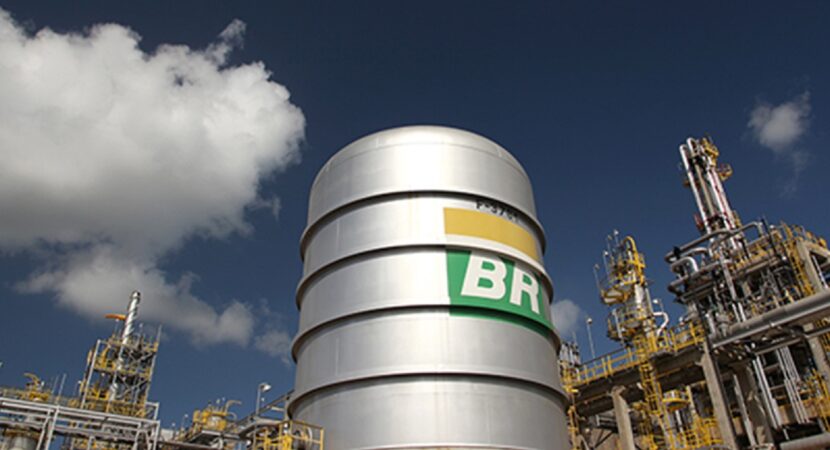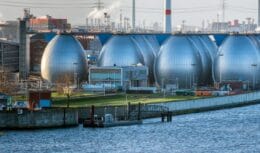
Questioning by a specialist in the Oil and Gas sector puts in question whether the responsibility for fuel prices should be attributed to Petrobras or the government
Fuel prices, especially diesel, have raised questions about how they are passed on to the final consumer. Some place this responsibility on Petrobras, others on the government, but in fact there are technical data that few know and that will be revealed in this article, preceding the emergency meeting that Jair Bolsonaro called with the leaders of the Petrobras for this Tuesday (16).
Should Petrobras subsidize fuels with E&P profits?
Many would respond to the title question by saying yes, after all we are self-sufficient in oil.
The country exports the crude oil it extracts, but consumes and imports (part of) derivatives (alcohol, gasoline, diesel, kerosene, etc.) which are value-added products.
The specialist's line of reasoning is that the profit from oil production could, in part, be passed on to the final consumer and the company would still have some portion of the profit to reinvest in its activities. Gauto then decided to detail some numbers to help us better understand this pricing math.
Evaluating Petrobras' balance sheet in its FORM F 20, a document sent to the SEC in the USA, we have the following figures regarding E&P in 2018: E&P net profit: US$ 12,19 billion; Oil and gas production: 869,8 MMboe/year; Net profit/boe: US$ 14,00.
Let's now assume that the company transferred half of this to the benefit of refining, that is, a discount of US$ 7/boe would be given to the refiner (US$ 0,08/liter of oil). At the 4:1 exchange rate, it would be R$ 0,32/liter of oil discount. By way of comparison, the ICMS on the liter of gasoline in Porto Alegre in March 2019 was R$ 1,26. Federal taxes and contributions were R$ 0,65/liter in the same month.
If Petrobras passed on the R$ 0,32/liter discount to its refineries…
- Would the discount be for diesel and gasoline only? QAV, for example, no?
- What about private refiners (Dax Oil, Riograndense and Refit)?
- How would the importers be?
- What guarantees would we have that distributors would pass on the discount to service stations?
- What guarantees would we have that gas stations would pass on the discount to consumers?
- How would the ethanol and biodiesel market look like?
- Would Petrobras import fuel alone if demand increased?
The issue raised is nothing new in our country, it is worth remembering that the company subsidized fuel from 2011 to 2014 (see figure 1), during the Dilma Government, by not passing on the increase in the barrel of oil to the domestic market. The result was a brutal loss to the company, in the order of US$ 30 billion dollars, apart from the reduction of its investment capacity with its own resources, in addition to making private investments in the sector unfeasible.
Not to mention that, by subsidizing fossils, we sink the biofuel market in the country, among other distortions caused by this type of economic intervention.

Figure 1 – Petrobras' net profit in E&P and refining from 2007 to 2018 (Source: Petrobras Annual Report)
It would be very difficult for Petrobras, as a publicly traded company with satisfactions to give to its shareholders, to make this type of subsidy, but the Federal Government could do it, through the profit received (dividends) from the shareholding it holds in the company, as well as through royalties and special participations (received from Petrobras and other companies that operate in E&P) if that were its will, to make fuel cheaper in the country.
The tax burden has a strong impact on the final price of fuel, so reducing taxes would be another very effective measure, without harming market agents, including Petrobras.
Therefore, transferring the profit from oil production in the country to consumers and reducing the price of fuel at gas station pumps should not be attributed to Petrobras, which is just another company in the oil and gas chain, but rather an action by the Federal Government and State Governments.








